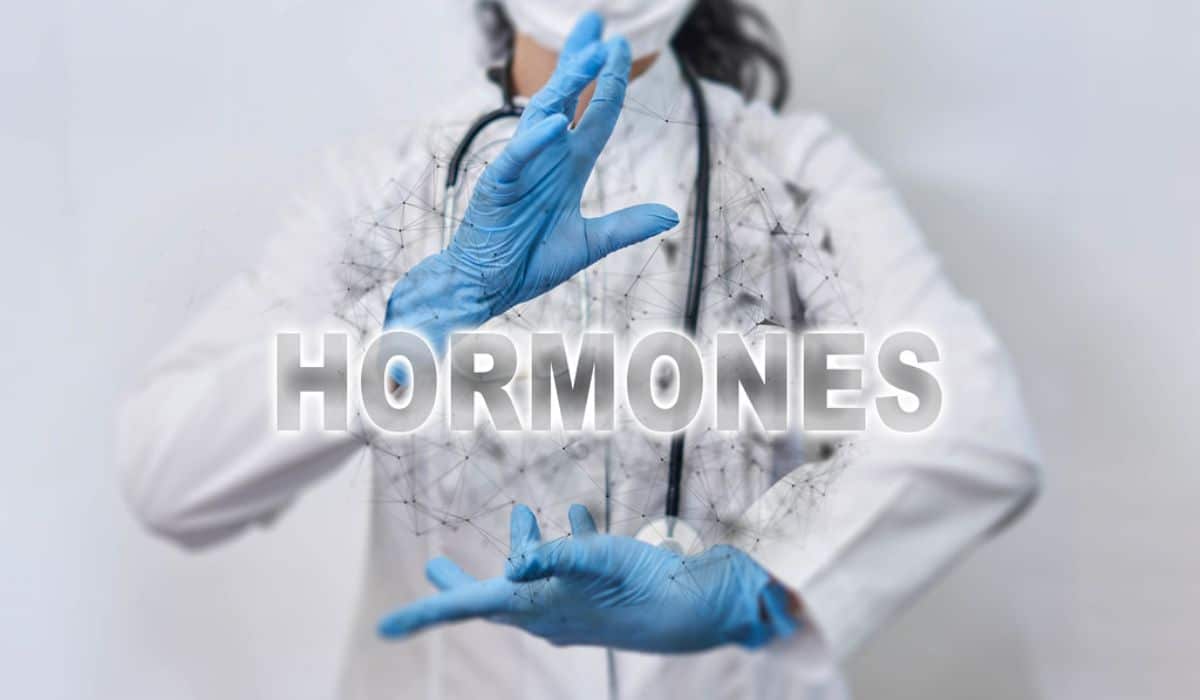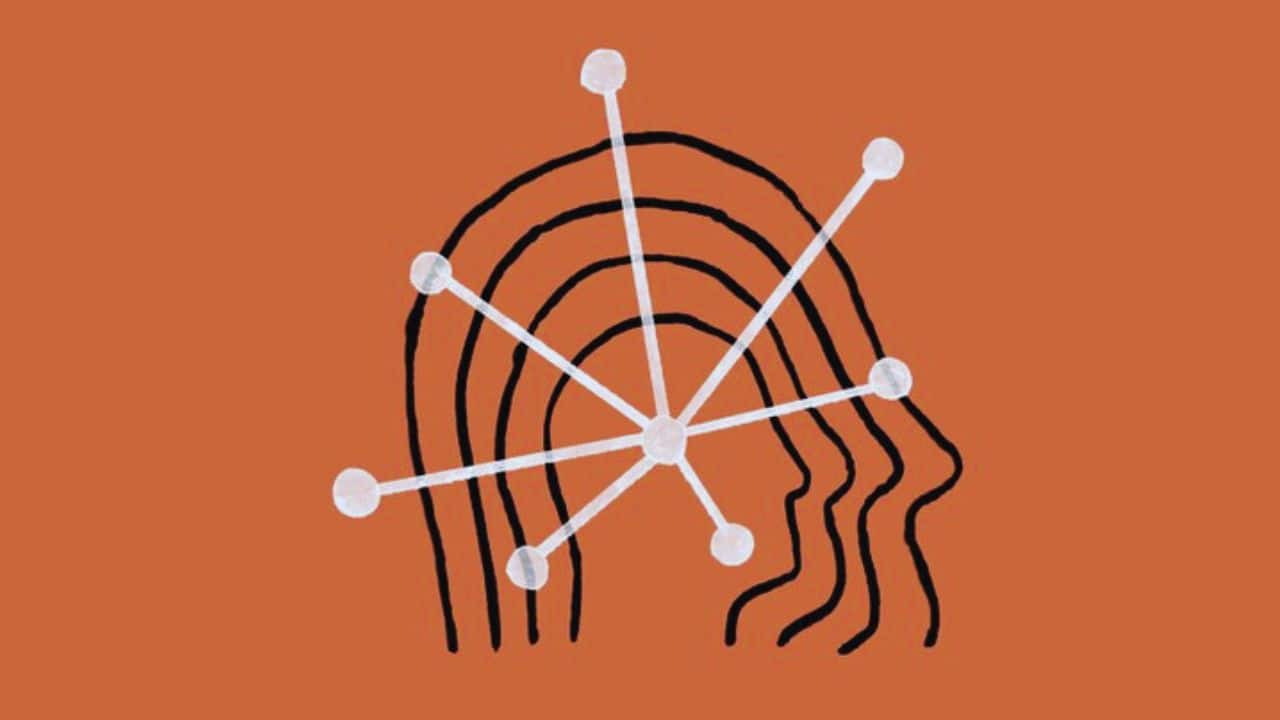In recent times, there has been more awareness of the issues women face around perimenopause and menopause. And with this, comes a growing awareness of what options are available for managing the symptoms of menopause. As a result, HRT, and BHRT (using bioidentical hormones), in particular, have been somewhat thrust into the spotlight. More and more women want to take control of their health, and becoming more informed about the options available to them is the first step.
What is BHRT?
Have you heard of Hormone Replacement Therapy (HRT), commonly used by GPs across the UK for treatment of menopause? BHRT stands for Bioidentical Hormone Replacement Therapy. This is a form of hormone therapy that has gained popularity in recent years. But, how do HRT and BHRT differ? They use different kinds of hormones. HRT traditionally uses hormones that are made from synthetic ingredients. BHRT uses hormones derived from natural ingredients.
What are Bioidentical Hormones?
Let’s take a closer look at bioidentical hormones.
Bioidentical hormones are chemically identical to the ones your body makes. These can be used for both men and women to manage low hormone levels, including oestrogen, testosterone, progesterone, DHEA, and many more. In fact, they are sometimes referred to as being ‘natural’ because they are usually derived from plants.
Are Bioidentical Hormones Available in the UK?
Yes, bioidentical hormones in the UK are available from private healthcare clinics due to the nature of how they are produced. We will explain more about this in a moment.
How are Bioidentical Hormones Different from Regular HRT?
There are a few differentiators between the hormones used in regular HRT, and bioidentical hormones:
Chemical makeup: Hormones used in regular HRT are derived from synthetic ingredients – they are molecularly similar to those in the body, but are not identical. Bioidentical hormones have exactly the same molecular structure as the hormones we already have in our bodies.
Preparations: Hormones used with regular HRT are available in a few different applications, usually tablets, patches, gel, and pessaries. Because bioidentical hormones are made to order, they can be made available in a wider range of applications based on patient preference.
Doses: Regular HRT comes in standardised doses which doesn’t cater to people who require much smaller or much larger doses. Bioidentical hormones are tailored to a person’s exact requirements, as indicated by blood tests.
Side effects: Bioidentical hormones are thought to offer fewer side effects than regular HRT, though there is not enough research yet to definitively support this. Anecdotal evidence from practitioners report that many women who have tried HRT but suffered with side effects don’t experience them on BHRT.
Production: Regular hormones are made in laboratories to set doses, whereas bioidentical hormones are made to order in compounding pharmacies, so each person gets unique treatment tailored to them and their body’s requirements.
Are Bioidentical Hormones Available on the NHS?
Unfortunately, bioidentical hormones are not currently available on the NHS. In addition to regular HRT, the NHS offers some patients what is referred to as body identical hormones. Body identical hormones are similar to bioidentical hormones in that they are also derived from natural sources. However, they differ in that they are only available in specific doses and preparations, and are produced en masse, which means they cannot be tailored to an individual’s needs as easily as bioidentical hormones. We are all individuals and so it’s unlikely the same treatment will be suitable for everyone.
Get Help for Hormone Problems
If you are approaching menopause or are worried that you’re experiencing symptoms of hormonal issues, please do seek the help of your GP or a hormone specialist. If you are concerned about the side effects of HRT, you can ask about bioidentical hormones as an alternative option.








































